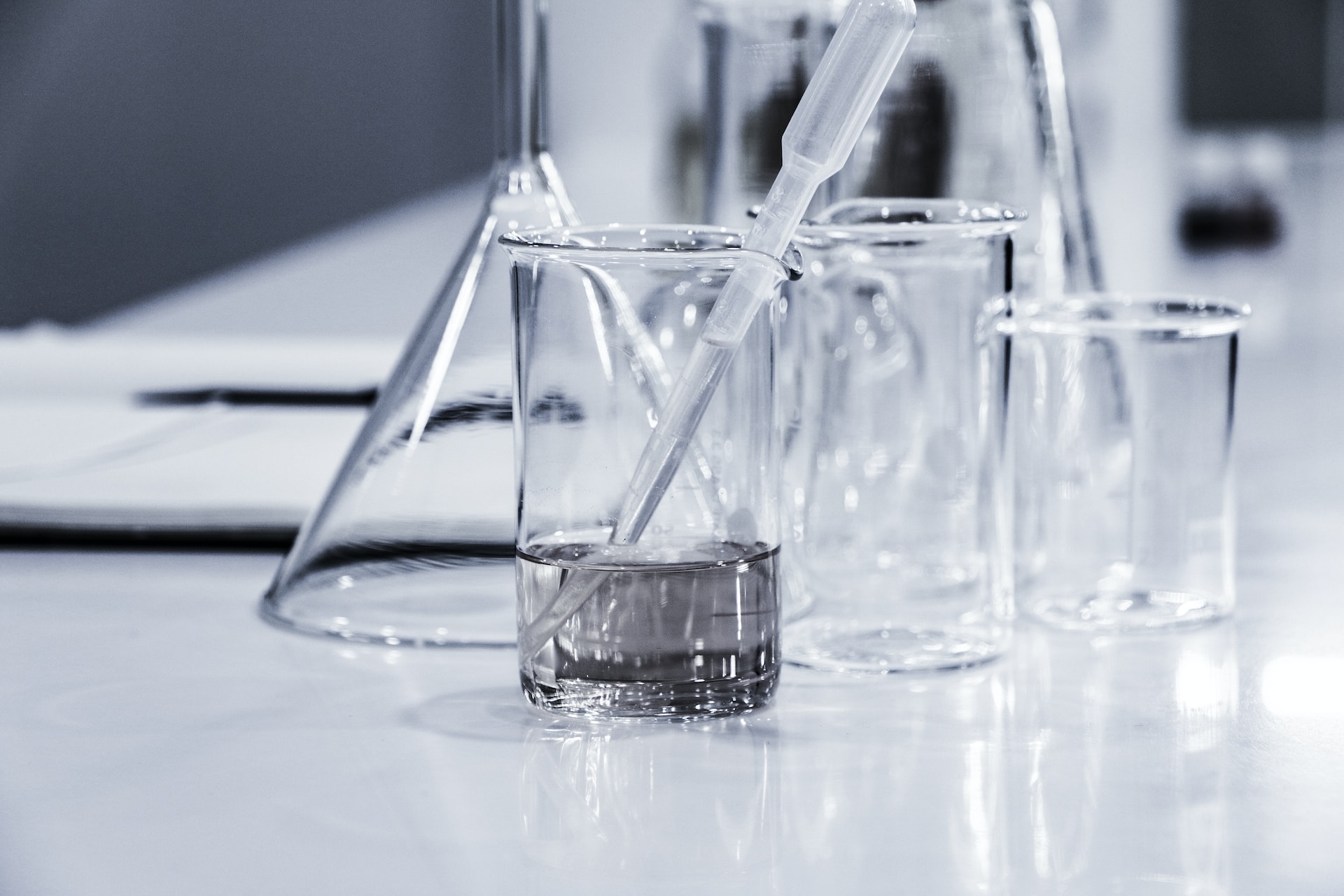Water tests provide the information you need to protect your family and save money. Water testing is an investment in peace of mind. The EPA’s rules only apply to large public systems; if you own a private well, spikes in contaminants might go undetected. Yellow water could signal chromium-6—the cancer-causing chemical or a buildup of iron, manganese or lead. Blue or green water might indicate elevated levels of copper, which can cause liver and kidney problems.
Contents
Odd Smells or Tastes
If your water smells like sewage or tastes bad, you could have dangerous contaminants in your drinking water. A rotten egg or sulfur smell indicates hydrogen sulfide, while a fishy or metallic taste can suggest the presence of barium or cadmium. Consuming these contaminants can cause gastrointestinal issues like nausea, stomach cramps and diarrhea. Long-term exposure can even lead to reproductive problems and developmental delays in children.
Water testing helps to ensure that your water is safe and healthy. Even if you don’t think there are any problems in your water, professional testing can reveal things you may have overlooked. Bacteria are a common problem in private wells and can cause various health issues. The right water testing can help you determine whether the bacteria in your water is harmful. If you have unhealthy bacteria in your drinking water, proper treatment can make it safe to drink again. Tests can also show you what chemicals are in your water so you can address them accordingly.
Imbalanced Water
Water is a natural solvent and will dissolve anything that comes into contact with it, especially given the time. As such, water testing can reveal a host of contaminants that may be present in your home’s water supply. Some of these chemicals are merely cosmetic, such as iron, which leaves rusty-orange or black stains on clothing and water-using appliances, and others can cause a variety of health issues, from gastrointestinal illness to neurological problems. Having your water tested for these and other potential contaminants will allow you to take appropriate action to address them. While public water treatment facilities work hard to ensure your city’s drinking water is safe, private wells often come into contact with naturally occurring and artificial contaminants that may be harder to detect and treat. Well water testing is the only way to know whether or not your private well water is safe. Regular testing also allows for the quick identification of changes, which is essential for addressing safety issues as quickly as possible.
Cloudy or Gray Water
Aside from the obvious aesthetic issue, cloudy or gray water can indicate high levels of dissolved solids, also known as turbidity. Water can become turbid from natural sources such as rainfall, snowfall or artificial activities such as construction and urban runoff. Another common cause of gray or cloudy water is a mineral buildup in plumbing equipment that can release calcium and other minerals into the water. This can make the water taste metallic, smell bad and even stain fixtures and clothing. The most important thing to remember is that you will only know how clean or safe your water truly is if you have it tested. Whether you get your water from a municipal system or your private well, regular testing will save you money and give you peace of mind that your water is healthy and safe for your family.
Damage to Your Equipment
Water testing lets you know what is and isn’t in your water, giving you peace of mind. It can also alert you to potential problems like toxins, bacteria and other contaminants that could harm your family over time. Several contaminants can make drinking unsafe, whether you get your drinking water from a public system or your private well: industrial and agricultural pollutants, sewage treatment plant failures, pesticide runoff and more cause these chemicals. Often, these contaminants can be removed with simple methods such as boiling the water. However, you must know what is in your water to know which treatment method to use. Water tests can identify coliform bacteria, improper pH, nitrates, sodium, iron, chloride, manganese and total dissolved solids (turbidity). They can also test for arsenic, radium, lead and mercury. These tests are particularly important if you have young children, are pregnant or are planning a pregnancy.



